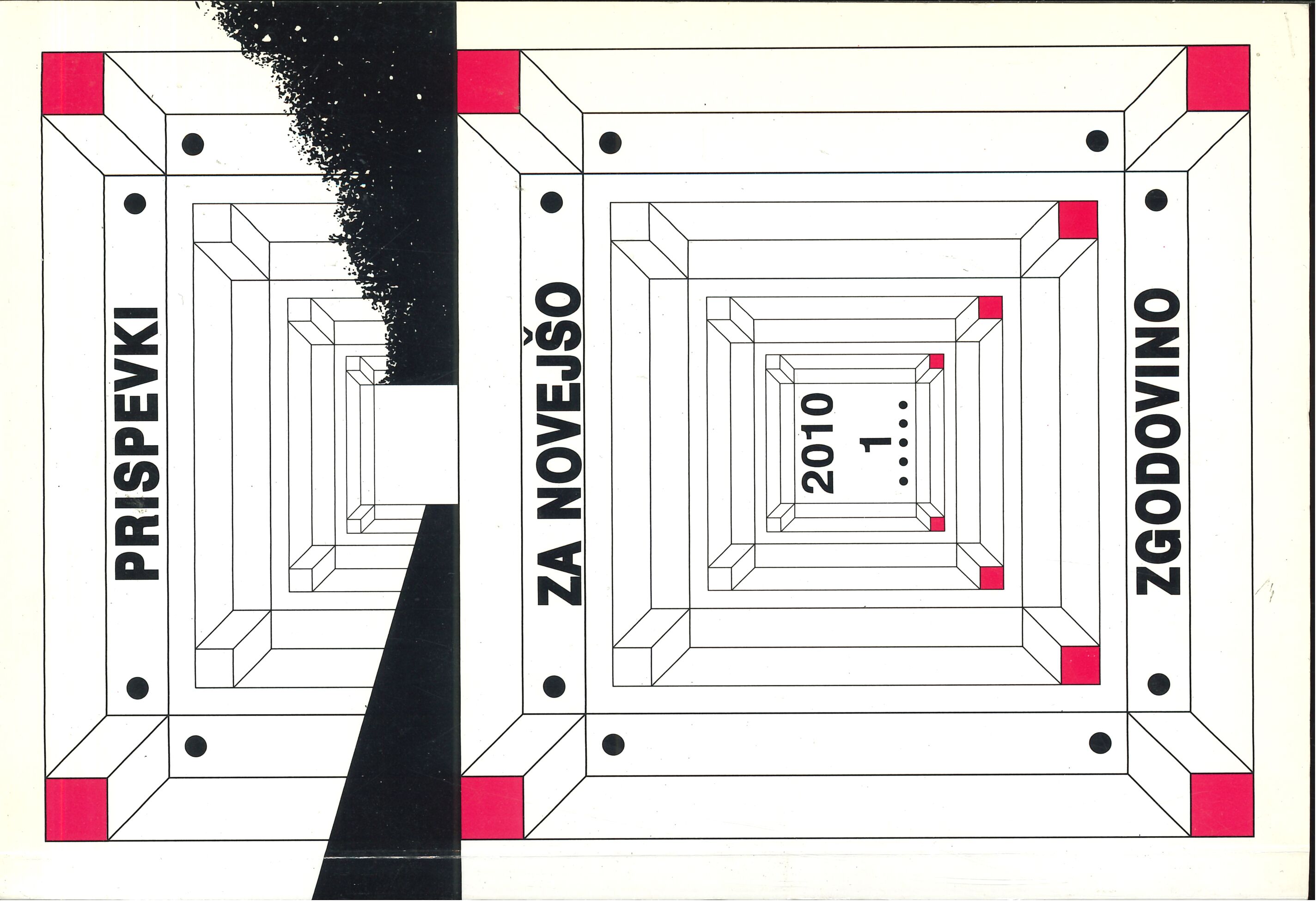Prizadevanja Rudolfa Golouha in Albina Prepeluha za udejanjenje banovinske in občinske samouprave v banskem svetu Dravske banovine 1933-1935
Ključne besede:
Slovenija, Dravska banovina, banski svet, občina, samoupravaPovzetek
Banski svet Dravske banovine je kot posvetovalno telo bana v tridesetih letih s svojimi stališči in predlogi sodeloval pri oblikovanju banovinskega proračuna za nekatere gospodarsko- socialne in prosvetno-kulturne dejavnosti, svoje pristojnosti pa je leta 1933 prvič presegel s posegom na politično in uredbodajno področje. V razpravah o perečih političnih problemih sta imela posebno pomembno vlogo Rudolf Golouh in Albin Prepeluh, nekdanja pripadnika Jugoslovanske socialnodemokratske stranke, ki se edina med banskimi svetniki nista vključila v režimsko stranko oziroma Jugoslovansko nacionalno stranko. Tehtna so bila zlasti njuna odločna prizadevanja za udejanjenje banovinske in občinske samouprave na demokratični podlagi z izvoljenimi organi ter kritična stališča neustreznega odnosa osrednje vlade do Dravske banovine oziroma jugoslovanske Slovenije v obdobju gospodarske krize.
Prenosi
Objavljeno
Številka
Rubrika
Licenca
Avtorji prispevkov, objavljenih v tej reviji, soglašajo z naslednjimi pogoji glede avtorskih pravic:
- Avtorji ohranijo avtorske pravice, reviji pa odobrijo pravico do prve objave. Delo se hkrati zaščiti z licenco za prosto uporabo avtorskih del (Creative Commons Attribution License), ki drugim osebam omogoča deljenje dela ob priznanju avtorstva in prve objave v tej reviji.
- Avtorji lahko sklenejo ločene dodatne pogodbene dogovore za neizključno distribucijo različice dela, objavljene v reviji, (npr. oddaja v institucionalni repozitorij ali objava v knjigi) z navedbo, da je bilo delo prvič objavljeno v tej reviji.
- Pred postopkom pošiljanja in med njim lahko avtorji delo objavijo v spletu (npr. v institucionalnih repozitorijih ali na svoji spletnih strani), k čemer jih tudi spodbujamo, saj lahko to prispeva k plodnim izmenjavam ter hitrejšemu in obsežnejšemu navajanju objavljenega dela (glej The Effect of Open Access).


